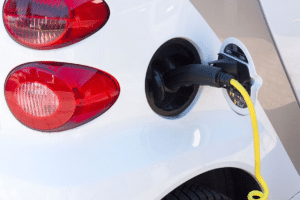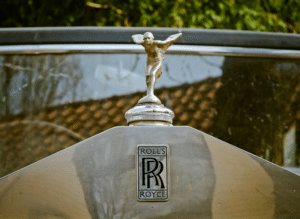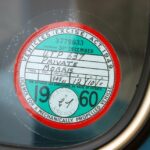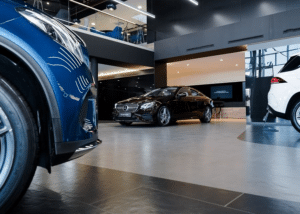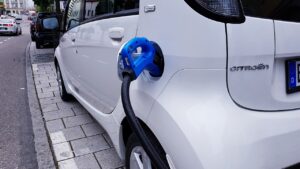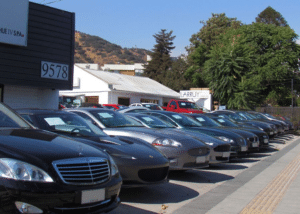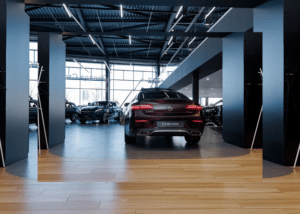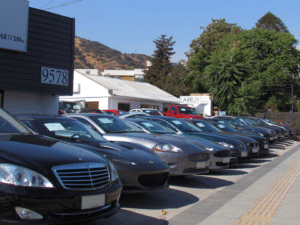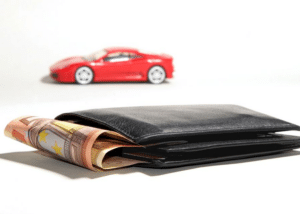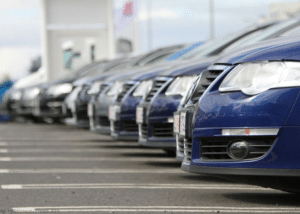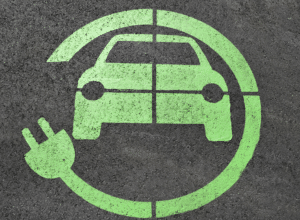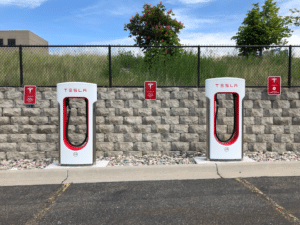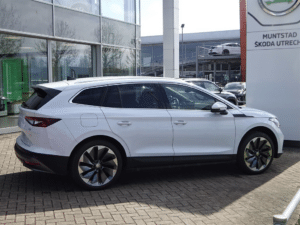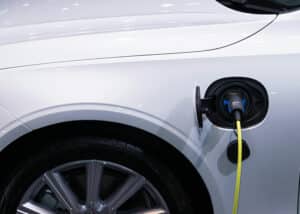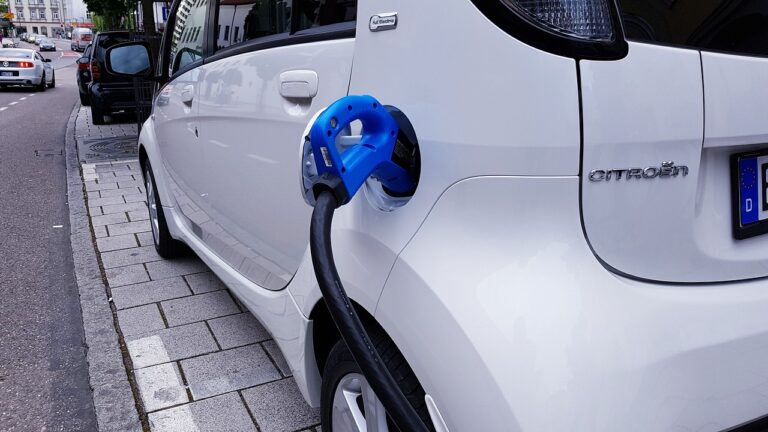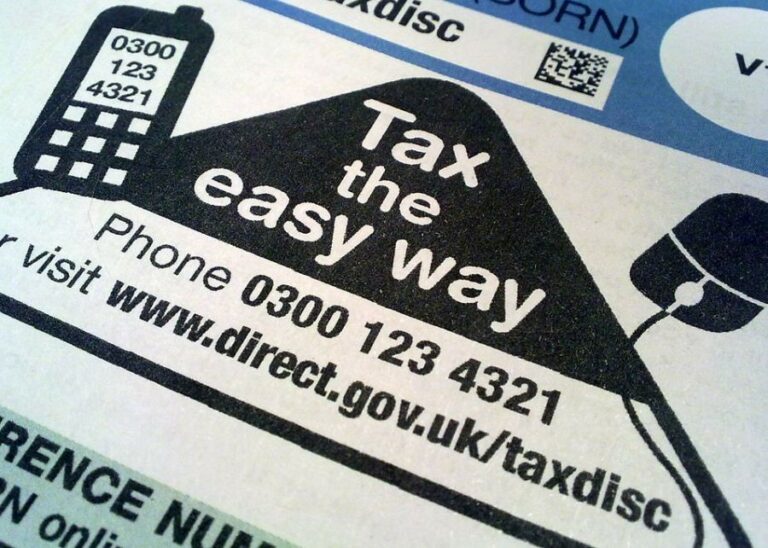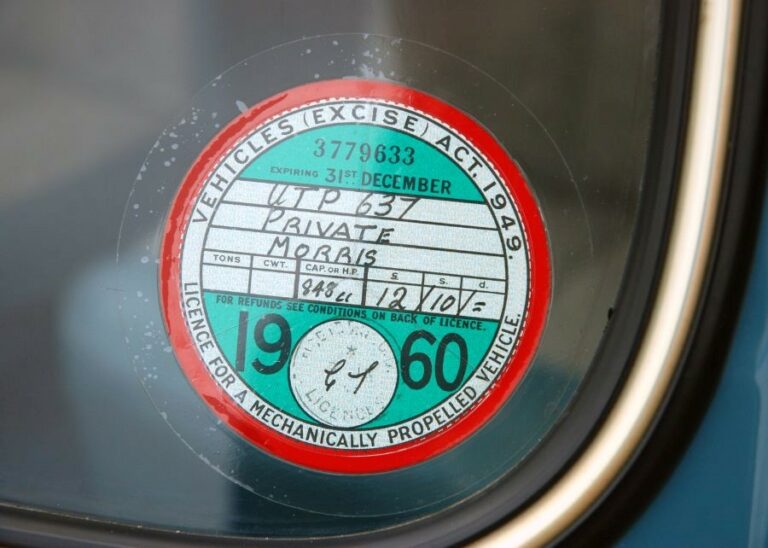What’s the Advantage of Having a Turbo Engine?
Just saying the words turbocharger is exciting for most petrol heads but the noise they make is even better! As petrol heads ourselves, we have a special place in our hearts for a turbocharged engine. But so many people don’t how what a turbo c is or want they do in a car.
What is a turbo and what does it do?
Turbo engines are highly popular in modern cars. Formed of two main parts, a turbine, and a compressor, turbocharged engines take in air at higher atmospheric pressure, which means that they are able to burn more fuel and produce more power than a regular engine.
Are turbos a good thing?
Although turbocharged engines can be costly and require some additional wiring and tubing, in order to function properly, there are several advantages as to why you should embrace the rapidly expanding technology and why your next car should be turbocharged.
The most obvious advantage of having a turbo engine is that it gives you more power output due to its intake of air, meaning that you’re going to have a much faster and powerful ride. An engine fitted with a turbo is much smaller and lighter compared to an engine producing the same power without a turbocharger. Therefore, you could have a small turbo engine and it would still perform higher than a vehicle that has a regular and bigger engine, which takes up more space and is more expensive to run. Turbocharging a small engine is a great compromise.
Secondly, turbocharged engines are environmentally friendly due to lower emissions. Turbo engines make combustion easier and emissions lower as they supply more air mass into the engine.
The concept of a turbo engine is to recycle wasted energy from the exhaust gas and transform more of the fuel energy consumed into power. Offering improved fuel economy and less C02 emissions, a turbo engine provides better performance compared to a non-turbocharged engine.
With the overall size of a turbocharged engine being reduced compared to that of a naturally aspirated engine, this means that the sound radiating the outer surface of a turbocharged engine is smaller and therefore less noisy. The turbocharger acts as an additional silencer. They connect directly to the exhaust stream, which puts a restriction on the flow of gases and hence it reduces the noise that the engine generates.
Driving with a turbocharged engine is a real pleasure. Delivering greater power output and torque will improve your vehicle’s speed and performance.
Buying a car or upgrading your engine is an important decision and one that should take some careful thought. But, if you have the budget, you should consider a turbocharged engine if you looking for a smoother and more powerful ride. Just think, you could have all of this as well as saving on fuel while helping the environment too!
If you already have a turbocharged engine and you’re having problems with it, perhaps you have diagnosed that it’s broken before you consider fixing it, the key question to ask yourself is whether it’s worth fixing your turbo or selling your car altogether? Maintaining a car isn’t cheap, so before you make any decisions, check out our guidance page for more information as to whether you should fix your car or sell it.
Jamjar.com makes selling your car quick, easy, and hassle-free. By comparing offers from a trusted network of UK car buyers, you get the best price without the stress of negotiating or haggling. There are no hidden fees, no obligation to sell, and the entire process is 100% online. Whether your car is nearly new or well-used, Jamjar helps you sell it fast and for a fair price—saving you time and effort.



















